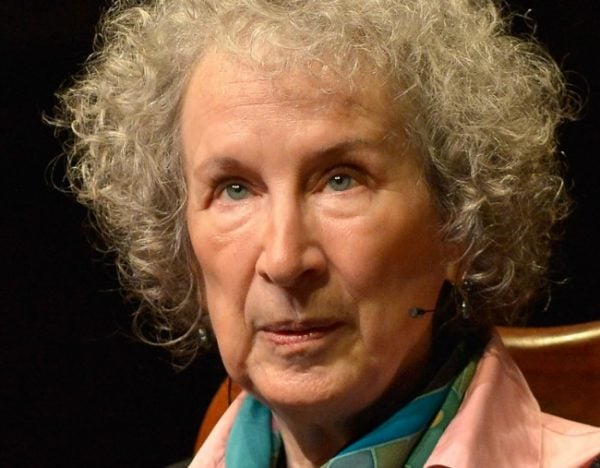Ratings for The Handmaids Tale, the television adaptation of Margaret Atwood’s 1985 book by the same name, have broken records worldwide.
The story of a dystopian future felt eerily familiar.
It was almost as though Atwood had followed the greatest challenges facing humanity; climate change, women’s reproductive rights, overpopulation and patriarchy, and followed them to their logical conclusion.
In a recent interview with Slate’s Ed Finn, Atwood said, “I did not predict the future because you can’t really predict the future. There isn’t any ‘the future’. There are many possible futures, but we don’t know which one we’re going to have. We can guess. We can speculate. But we cannot really predict.”
The 77-year-old author has said that there is nothing in The Handmaid’s Tale that has not already happened. In fact, many of the environments she recreates, exist in the modern world. From circumcision, to surrogacy, to religious fascism – Gilead is not fictional.
“All stories about the future are actually about the now,” Atwood told Finn.
The past contains lessons for the future, and in her interview with Slate, Atwood identified one particular truth.
“In general, when there’s enough food, you get less war – not always, but in general.
“And when you have a climate change events, you get less food. So that’s the connection. Social upheaval is frequently triggered by economic upheaval as in the French Revolution, as in the Great Depression. When things go wrong, of course, people want somebody else to blame.”
POST CONTINUES BELOW: The podcast to listen to once you’ve finished The Handmaids Tale.
We are in the midst of catastrophic natural disasters, with more than 20 million people in four countries at risk of starvation and famine – the largest number since the UN was founded in 1945.
Hurricane Harvey is predicted to be the most costly American weather disaster in US history, at more than $190 million.


Top Comments
Kind of glass half empty. If we want a better world we have to work together to make that happen.
$190 million??
Is that meant to be billion? It's surely going to be way more than $190 million?